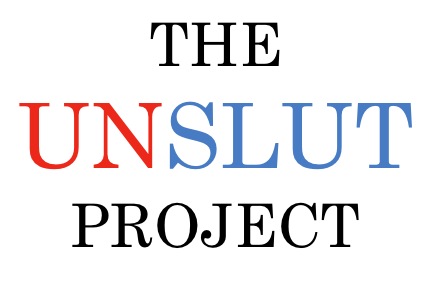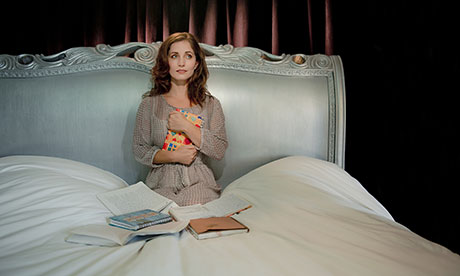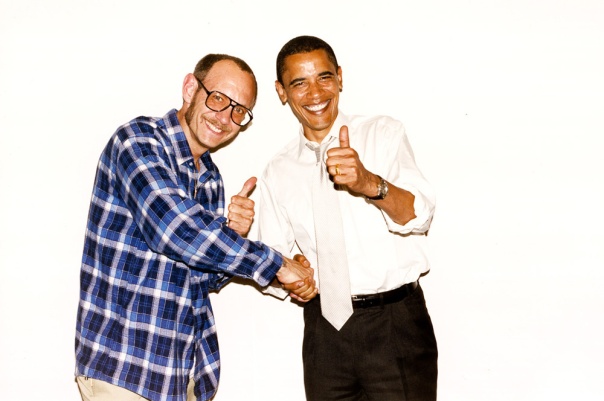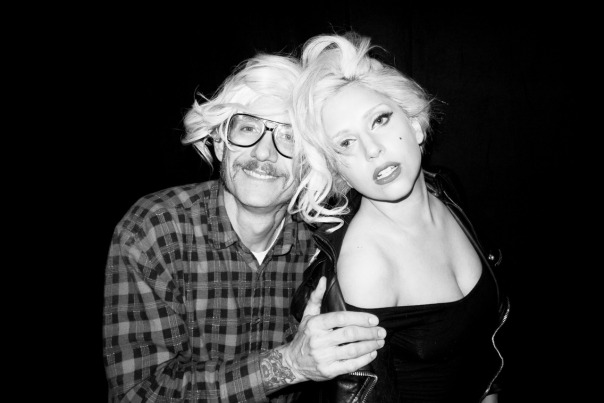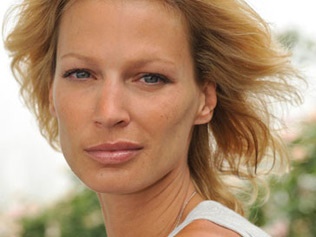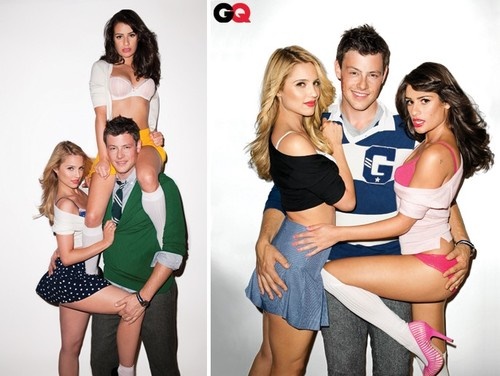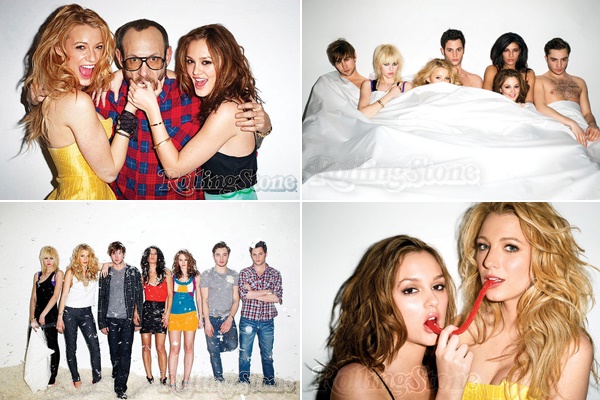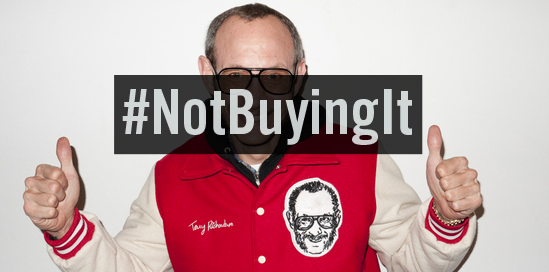by Taylor Solomon
Emily Lindin was first called a slut in 1997 at the age of eleven. Her middle school began to fill with rumors that she and her boyfriend were having sex, which soon turned into rumors that she and a number of boys were having sex. She was labeled “the middle school slut,” and torment and bullying (both sexual and emotional) stemmed from her new reputation, which followed her through high school. Lindin began the Unslut project in 2013, by creating a blog where she posted diary entries from when she was ages eleven to fourteen. She is sharing her story hoping it will help people be aware of slut shaming and sexual bullying and how often they occur. In an interview with the blog Qual Pipe, Lindin listed two goals of the Unslut Project. First, “to serve as a resource to girls who are currently victims of sexual bullying.” And second, “to spread the word to as many people as possible that slut shaming is appallingly prevalent on an individual and societal level, and that it is up to us to change our view of female sexuality as a culture.”
Lindin’s middle school experience is relatable, whether you were bullied or not. She writes of note passing, dances, and school trips. The ways she and her classmates talk to and treat is other is reminiscent of how my friends and I acted at that age. Considering I was not in middle school until five years after Emily, I’d venture to say kids still treat each other similarly.
Not only does Lindin talk about herself being bullied, you can see times in her entries when she is mean to a classmate or calls someone a name based on whatever their own reputation may be. This goes to show how common of a practice this is and how easily we can be the bully without even realizing it. Though the people in Emily’s entries are middle and high schoolers, an adult can still read them and see ways in which they may need to reevaluate their treatment of their own peers.
One thing I found interesting reading through Lindin’s blog was how much they relied on the internet as a tool to bully one another. And this was in 1997–their main options were e-mail and instant messenger, though there is the occasional free website made in order to harass or call out a single student. Lindin has said the hardest entry to read and share was one about a friend of hers making an instant messenger screenname, “DieEmilyLindin,” and then using it to anonymously torment her. Social media has progressed so much since then, making a source that was already easy for adolescents to get their hands on, that much easier for them to turn to.
Lindin’s project is one that I believe is very important and I look forward to supporting. Her website has now grown to include a section where people may share their own stories of sexual bullying and a blog where she writes posts on the topic. She just finished production on the movie, “Slut: A Documentary Film,” in which she speaks to sexologists, psychologists, and media figures on how we can shape society so that words like slut are no longer used as insults.
You can read Emily’s diary entries at http://unslutproject.tumblr.com
